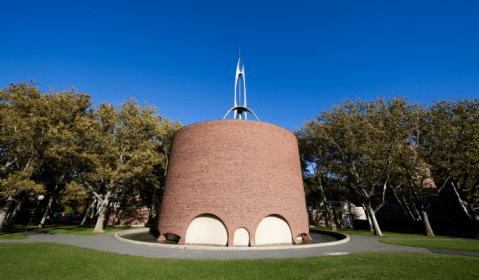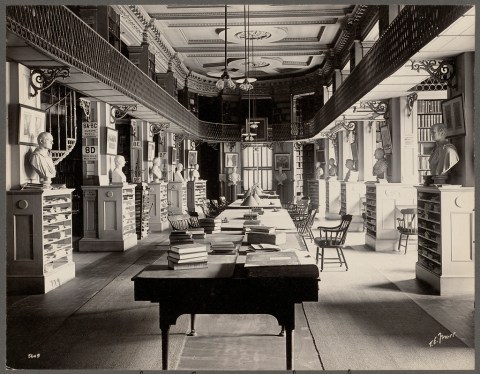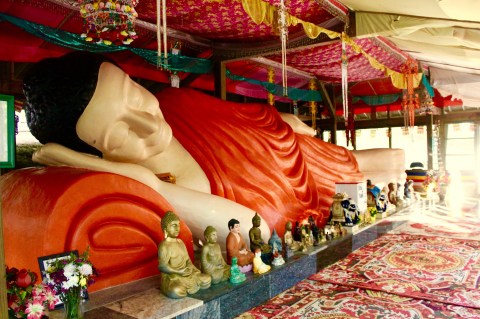Here Are The 10 Oldest Towns In Massachusetts...And They're Loaded With History
As one of the 13 original colonies, Massachusetts is full of towns with storied pasts. Check out some of the oldest towns in Massachusetts and their incredible histories.
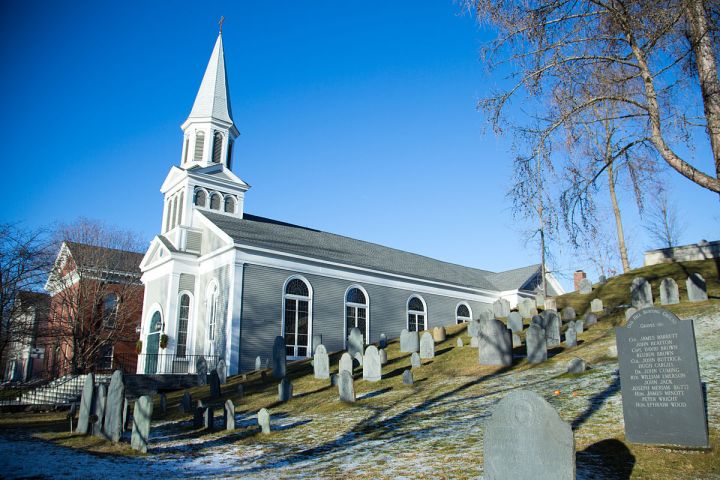
Concord was originally known as Musketaquid, meaning "grassy plain." The town is perhaps most famous for The Battle of Lexington and Concord, which kicked off the Revolutionary War. Concord also became something of a literary mecca, with famous authors such as Ralph Waldo Emerson, Nathaniel Hawthorne, Bronson Alcott, Louisa May Alcott and Henry David Thoreau all residing in town during the mid-nineteenth century. After the development of the Concord grape in 1849, Welch's became the first company in the United States to sell grape juice and the corporation still operates out of Concord.
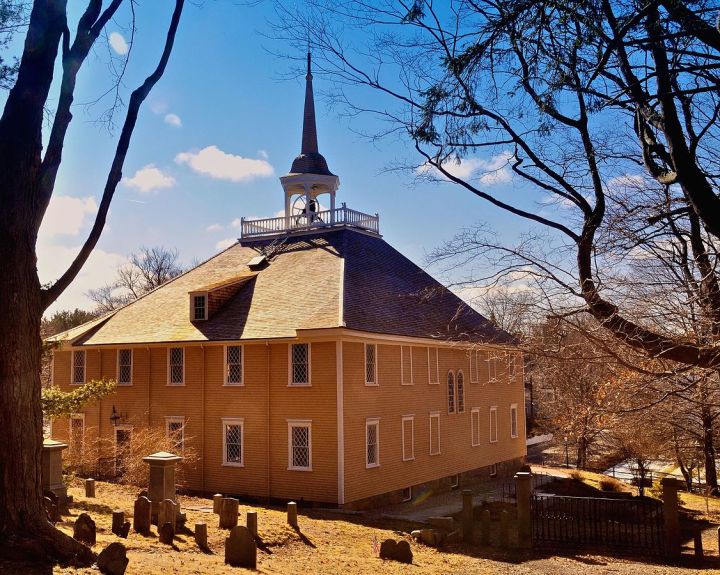
Hingham was originally called "Bare Cove" by settlers. The land that the town sits on was actually sold to colonists by Wampanoag sachem Wompatuck in 1655. During the industrial boom of the 19th century, Hingham specialized in making high-quality rope and buckets, which earned it the odd nickname of "Bucket Town." The town also built hundreds of vessels for military during World War II.
Advertisement
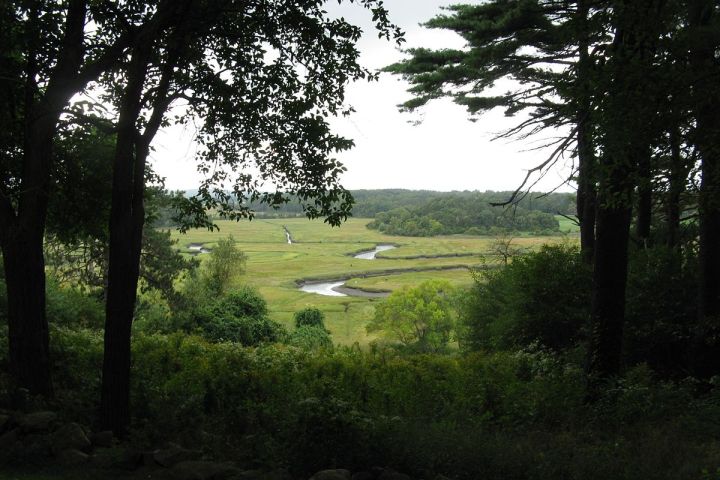
Ipswich was founded by was founded by John Winthrop the Younger, the son of one the first governor of Massachusetts. In 1878. The town is home to the well-known Crane Estate, which has an interesting history. Built in 1910 by Richard T. Crane as a gift for his wife Florence, the mansion and its grounds are styled after a Renaissance-era villa. Florence Crane apparently hated the house, and her husband told her that if she still disliked the estate after living there ten years, he would demolish everything and start anew. Time did not soften her feelings towards the home, so in 1928 a new 59-room mansion was constructed.
Advertisement
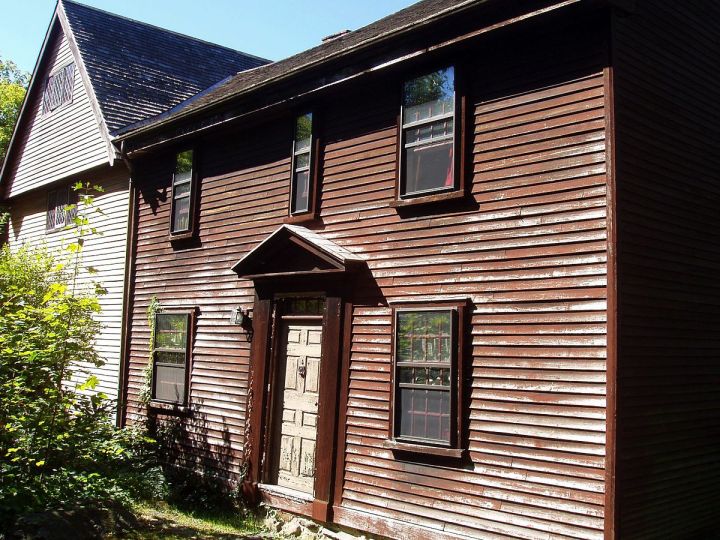
The Watertown region bears evidence of human habitation that dates back thousands of years. The Pequossette and Nonantum native peoples once used the area as a plentiful source of fish. One of the first woolen mills in America was constructed in Watertown in 1662, and this town is also the site of the first grist mill in New England. The well-known rock band Boston recorded most of their album "Boston" at Foxglove Studio in Watertown. Helen Keller also attended the town's Perkins Institute for the Blind.
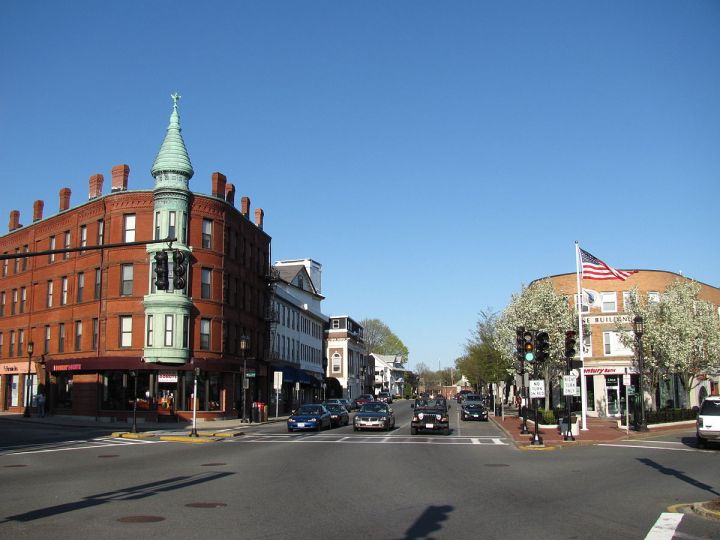
Medford was originally called "Mistick," and later "Meadford," due to the the settlement being situated in a "meadow by the ford" in the Mystic River. The popular children's song "Over the River and Through the Woods" was written by Medford resident Lydia Maria Child after a trip to her grandparents' house across town in the early 19th century. Medford native James Pierpont also wrote "Jingle Bells" after witnessing a sleigh ride between Medford and Malden. In 18
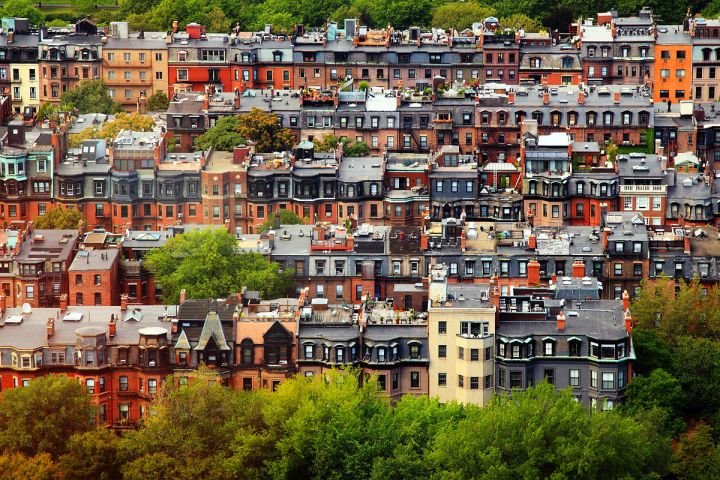
The complete history of Boston could never fit in a short blurb. Boston was originally called "Trimountaine", a reference to the city's three mountains, which have been almost completely eroded. This city is known as the Cradle of Liberty, and with good reason. It was the site of such fabled events as the Boston Massacre, the Boston Tea Party, and the first reading of the Declaration of Independence. Today, the city has one of the highest costs of living in the country, but also ranks as one of the best places to live in America.
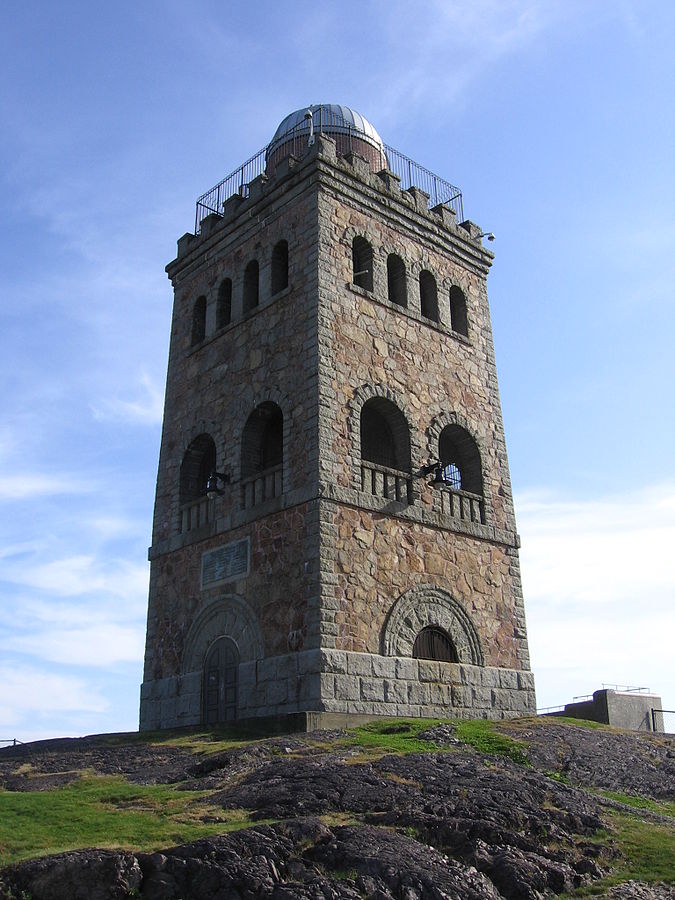
Lynn was actually first called "Saugus," which was the Nipmuck word for the region. Lynn's main industry was once shoe-making, which is reflected in the colonial-style boot gracing the town's seal. Lynn is also the purported birthplace of the American-style roast beef sandwich (though New Yorkers might take issue with that claim), and the first tulip grown in the United States was raised at the Fay Estate near Spring Pond. The crime rate in Lynn began to rise after the onset of industrialization, leading to the conception of a well-known rhyme: "Lynn, Lynn, the city of sin, you'll never come out the way you went in, what looks like gold is really tin, the girls say 'no' but they'll give in, Lynn, Lynn, the city of sin."
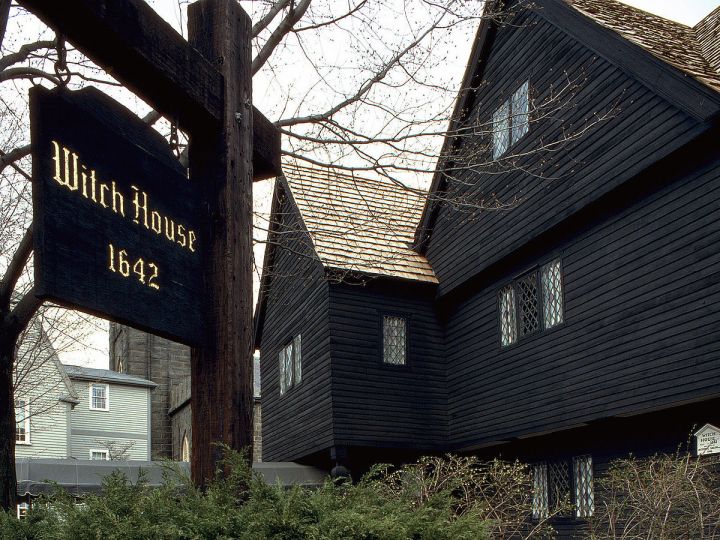
Everyone associates Salem with the town's infamous witchcraft trials, but there's so much more to Salem's history. The settlement's name actually comes from the Hebrew word for "peace." Salem played a crucial role in the Revolutionary War, acting as a hub of shipbuilding and marine warfare. Salem ship were said to have been responsible for the capture of destruction of over 600 British vessels. The 1692 Salem witch trials led to the hanging of over 20 people for demonic worship, which has had a lasting impact on the folklore and ambiance of the city. In 2013, President Obama made Salem the official birthplace of the National Guard.
Advertisement
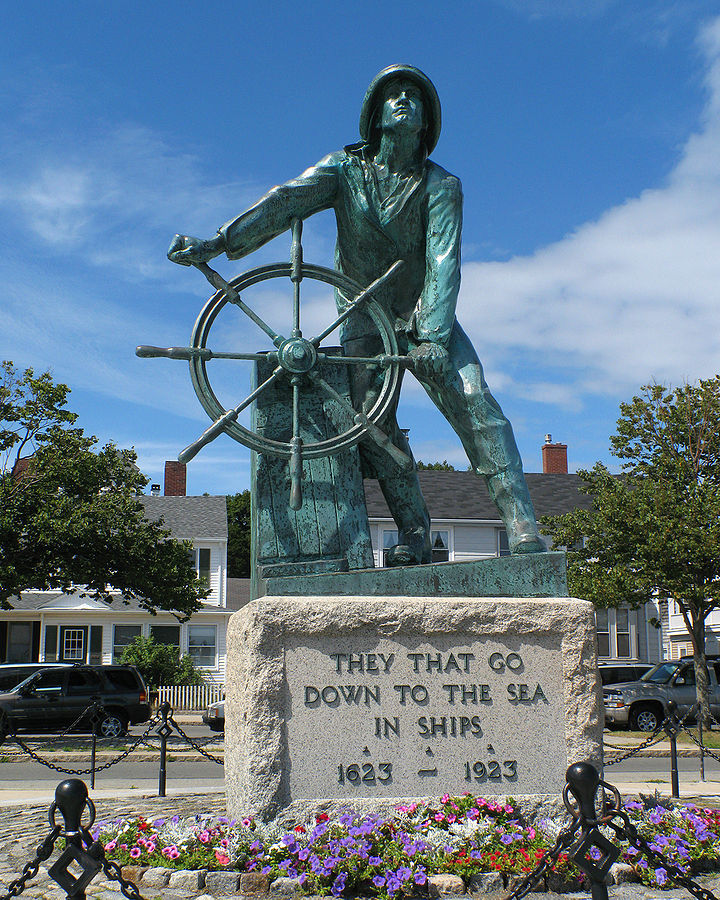
When natives think of Gloucester, the image of a weathered fisherman probably comes to mind. This coastal town was founded by a group of men from Dorchester, England, and the first settlers set up fishing stages in what is now Stage Fort Park. Gloucester was actually abandoned in 1629 in favor of more fertile grounds nearby Salem, but was slowly reinhabited as conditions improved. Gloucester once had a mandatory church attendance policy that forced many early residents to row across the Annisquam River every Sunday.
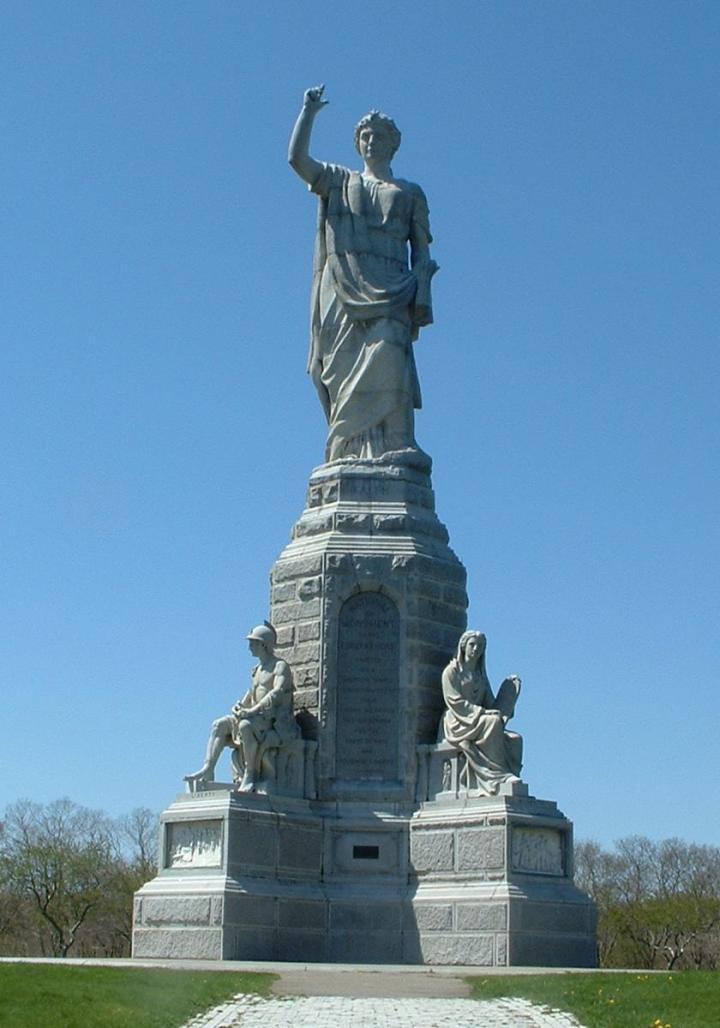
Plymouth is the oldest town in Massachusetts, whether you're measuring by incorporation date or settlement date. It was first established in 1620 by the Pilgrims, who sailed from England on the famed Mayflower. It's one of the oldest towns in the country, and was the site of the fabled first Thanksgiving celebration. Like many Massachusetts coastal cities, Plymouth was once known for its fishing, shipping and rope making industries. The oldest continually operating museum in the country is the Pilgrim Hall Museum, Plymouth's Old Colony Club is one of the oldest gentlemen's clubs in the world.
Do you know any interesting historical tidbits about your town? Let us know!
OnlyInYourState may earn compensation through affiliate links in this article. As an Amazon Associate, we earn from qualifying purchases.


